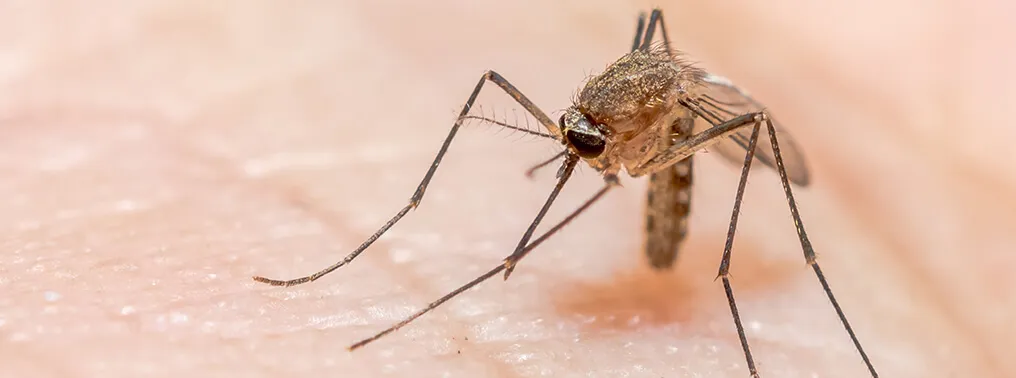The monsoon season brings several diseases, including diseases transmitted through vectors. Among the vectors transmitted, malaria is the most common disease that affects people. Malaria is caused by female mosquito bites (anopheles). According to the World Health Organization’s – World Malaria Report 2019, India represents 3% of the burden of global malaria. Also Read – Tension on your hips? Practice 4 Posture of Yoga Opening Hip This Easily | Watching video
Malaria can cause mild disease in some patients and life -threatening diseases in others. Various parasitic species can cause infection, and the most common four are plasmodium ovale, plasmodium malaria, plasmodium falciparum and plasmodium vivax. However, what causes a significant threat is the plasmodium falciparum and plasmodium vivax. Also read – Aastha Shah in the condition of her skin vitiligo, ‘at that time was a nightmare, now my face is confident’ | EXCLUSIVE
Plasmodium falciparum
This plasmodium parasite is the most deadly because it causes most infections and most of deaths worldwide. Patients infected by this parasite experience symptoms such as abdominal pain, muscle pain, joint pain, vomiting, fatigue, dizziness, nausea, fever, and headaches. Infection causes even some neurological symptoms because it endangers the brain and central nervous system, and patients may suffer from cerebral malaria. Also Read – Benefits of Mint Water: The Top 5 Reasons Why You Should Include Mint Water in Your Diet – Watch Videos
In some cases, if this disease affects the brain, some may experience seizures or loss of consciousness. A person can even feel changes in the level of consciousness, paralysis, and seizures. This can also cause kidney failure and lung involvement.
Plasmodium Vivax
This specie is known to cause 60 percent of infections in the country. Although not deadly like plasmodium falciparum, it can cause serious illness. Infected patients will show symptoms such as when exposed to flu and other symptoms such as diarrhea, cold fever and fatigue.
How To Prevent Malaria?
The only way for someone to prevent themselves infected is to take precautions. However, for example someone observes changes in their bodies, especially symptoms such as high fever, the coldness of the body, sweating, chills, severe body pain, diarrhea, fast heartbeat, and mental confusion. In this case, they must immediately consult a doctor. Also, causing delays can cause unwanted complications such as the kidneys can also be affected in some cases and large spleen abnormal.
- Keep your home, office, and surroundings mosquito-free
- Wear full-sleeved clothes and full pants while stepping out
- Use mosquito repellent, and there are a few that can be applied on the clothes too or the beds
- To reduce the risk of getting infected, avoid visiting crowded places
- One should opt to sleep in a well-screened or air-conditioned room, and this is because malaria mosquitoes mainly bite at night or early mornings
- Stay indoors and close the windows, especially between dawn and dusk, as mosquitoes are most active during this time
- Make sure water is not accumulated, as it can be a breeding spot for mosquitos
- Put mosquito nets around beds
What Are the Treatment Options for Malaria?
If the disease is detected in the early stages, the patient can be given treated at home. Malaria is treated with oral drugs, injection, or intravenous (into blood vessels), depending on the severity of the disease. Also, depending on the parasite that causes infection, a person may be treated as an outpatient for several days or in a hospital with IV drugs. Patients may need fluids, blood transfusion, and oxygen if they have difficulty breathing. Malaria can usually be cured in about two weeks if diagnosed early and treated on time.
While malaria is a severe disease and can cause serious health problems, it can be easily avoided by taking adequate precautions.

